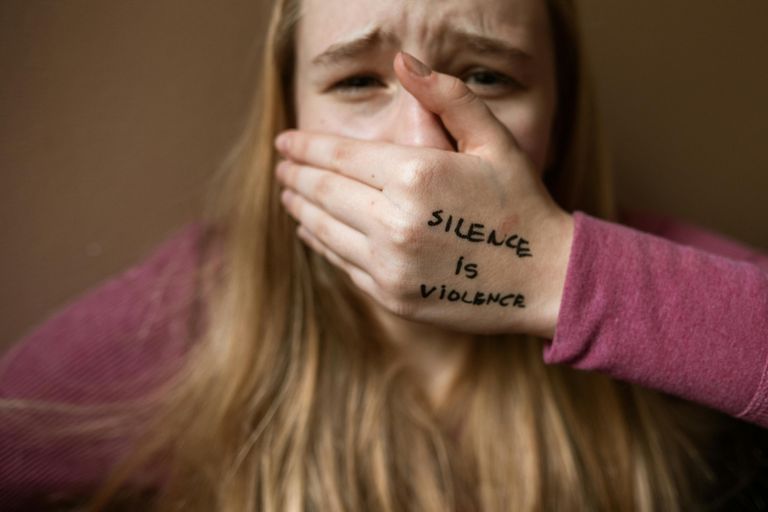
A General Overview
The term "conflict-related sexual violence" encompasses various forms of sexual abuse occurring during conflicts, including rape, sexual slavery, forced prostitution, and more. Despite the prevalence of such atrocities, a significant number of survivors choose not to report these crimes due to fear and the social stigma attached. Experts in the field estimate that only a small fraction of cases are officially documented, with reports indicating that for each reported rape linked to a conflict, 10 to 20 cases remain undisclosed. This underreporting highlights the challenges in addressing and preventing conflict-related sexual violence effectively. Efforts to combat this issue require overcoming barriers such as fear, shame, and societal norms that hinder survivors from seeking justice and protection. Increasing awareness, providing support systems, and promoting a safe environment for survivors to come forward are crucial steps in addressing this widespread human rights violation.

UN Resolution
On 19 June 2015, the United Nations General Assembly declared that June 19 of each year would be recognized as the International Day for the Elimination of Sexual Violence in Conflict. This day aims to raise awareness about the importance of ending sexual violence that occurs in the context of conflicts. It also serves as a way to honor and remember the individuals who have suffered from sexual violence during conflicts, and to acknowledge those who have worked tirelessly to eradicate these crimes.
The specific date was chosen to mark the anniversary of the adoption of Security Council Resolution 1820 in 2008. This resolution condemned sexual violence as a tool of war and a barrier to peacebuilding efforts.

In response to the increasing threat of violent extremism, the Security Council passed resolution S/RES/2331 in 2016. This resolution was the first to address the connection between trafficking, sexual violence, terrorism, and transnational organized crime. It recognized sexual violence as a tactic used by terrorist groups and affirmed that victims of trafficking and sexual violence perpetrated by these groups should be recognized and supported as victims of terrorism.
